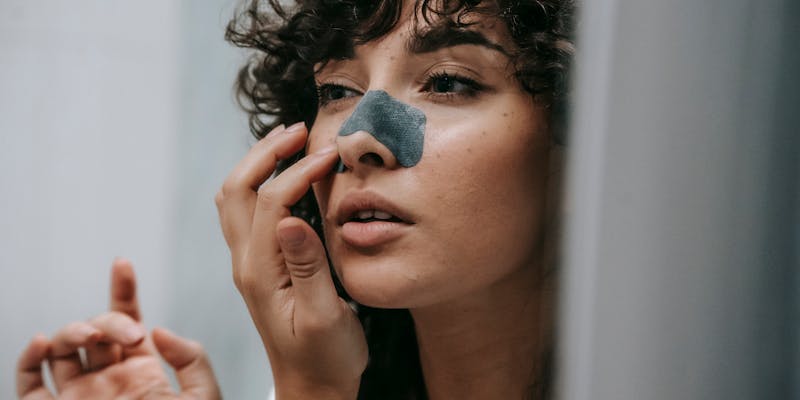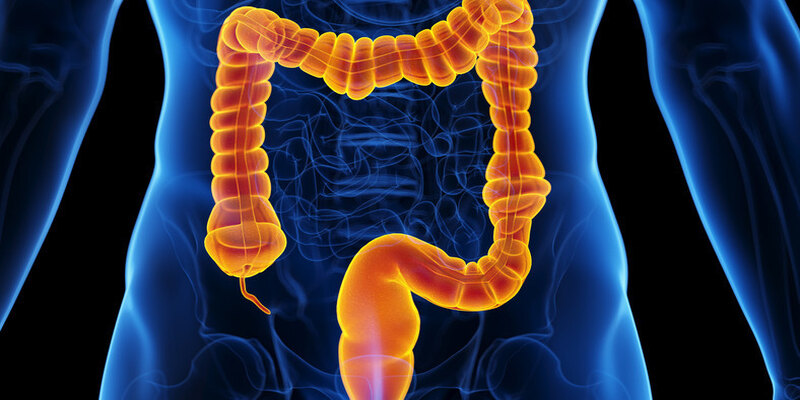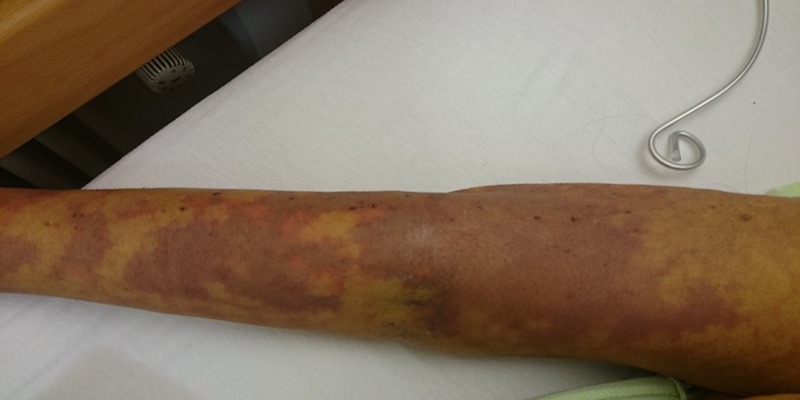Decisions on vaccinations are typically easy. Age and other parameters determine who is eligible for the vaccination. There was a lot of confusion after a regulatory council recently proposed updating the rules for the human papillomavirus (HPV) vaccination.
Male and female people between the ages of 27 and 45 were advised to discuss the benefits of HPV vaccination with their primary care physicians. However, public health advocates disagree with that recommendation since it doesn't specify which patients and clinicians in that broad age range are ideal candidates.
They are concerned that too many individuals will get inoculated even if they don't need it, increasing healthcare costs for everyone else while potentially shortchanging those in developing nations needing vaccine access.

What Is the HPV Vaccine?
The HPV vaccination is useful for preventing cancer and genital warts caused by certain forms of the human papillomavirus. The Food and Drug Administration of the United States has given its OK to the Gardasil 9 vaccination. People as young as 9 can take it.
This vaccination can be administered concurrently with others. Routine HPV vaccination is recommended by the CDC, beginning at age 11 or 12. Vaccination is most effective when given to a child before they become physically active. After contracting HPV, the vaccine's efficacy declines.
That's because the vaccination aims to stop the spread of the disease. The vaccination may not aid the body in eliminating the virus if it is already present. The present evidence does not suggest that early vaccination leads to earlier adolescence.
Two doses of the vaccine given 6 to 12 months apart are sufficient for those under 15. Three doses of the vaccination are recommended for those who delay starting the series until 15 to 26 years old. The duration of this injection regimen is six months. The CDC encourages non-immunized individuals up to age 26 to receive a catch-up HPV vaccine.

Is the HPV Vaccine Effective?
One of the most useful vaccinations is the one against human papillomavirus. The HPV vaccine has been proven to be an effective means of preventing high-risk HPV and the consequences it can cause.
Getting your HPV vaccination doses before physical contact can reduce your risk of genital warts and HPV-related malignancies by as much as 99%. Immunization against human papillomavirus (HPV) is most effective if given many years before physical activity. That's why shots should start being given at about 11 or 12.
If you know you've had physical relations with a partner who has HPV or had physical activity with an HPV-positive partner, you should still receive the HPV vaccination. The risk of acquiring cancer or genital warts due to human papillomavirus can be reduced with vaccination against HPV strains you have not been exposed to.
Can Adults Get the HPV Vaccine?
Now more than ever, adults may take preventative measures against several cancers. The Gardasil 9 vaccine's age range was recently enlarged by the U.S. Food and Drug Administration (FDA) to include adults aged 27 to 45. Merck's Gardasil 9 is a vaccine against nine different human papillomaviruses known to cause cancer.
Vaccination success rates of 88% in preventing precancerous lesions and persistent HPV infection in women aged 27–45 were used to approve the vaccine. HPV is estimated to affect 80 million Americans.
There are over a hundred forms of HPV, and it's likely that most people, male or female, will get at least one of them at some point. The virus is eliminated or becomes latent in most people within a year. Certain kinds of HPV, however, have been linked to cervical, vaginal, vulvar, anal, penile, and head and neck cancers if they persist.
HPV Vaccine Age Limit
Anyone under 9 and 26 can receive the HPV vaccination; however, the best results are shown in those between the ages of 11 and 12. If you are above the age of 26 and at risk for contracting HPV but have never been vaccinated, you and your gynecologist can discuss whether or not you should get the vaccination. The age limit for vaccination is 45.
The best time to get vaccinated is while you're young and healthy enough to receive routine immunizations. Therefore, a family doctor or pediatrician often administers vaccinations. If you missed your childhood vaccinations, ob-gyns and other medical experts can help you get caught up.
What To Do If You Haven't Confirmed Your HPV Vaccination Status?
The HPV vaccine series should be completed by those who began it when they were younger but did not. You should err on the side of caution and obtain an extra dosage of the HPV vaccination if you are unsure of how many doses you have already had. No need to worry about starting the vaccination procedure over if you miss a shot or two; receive them when they're scheduled.
It is sufficient to complete the prescribed doses, even if they are taken out of order. There is no need to start the series over. The first step for adults who can't recall if they were vaccinated against human papillomavirus as children is to look through their medical records.
Get in touch with the health agency in your state to see if they keep records of people's immunizations. If that's not possible, you should probably start the series over. It is safe to obtain the current HPV vaccine even if you have received an earlier version when you were younger.
HPV Vaccine Side Effects
The vaccination is safe in studies. Most often seen adverse effects include injection site pain and redness. Some individuals feel it is wrong to provide the HPV vaccination to minors since it protects against an STD virus.
However, the vaccination is most effective if it is administered well in advance of any physical activity. Getting it when you're young can protect you from developing cancer later in life.
Conclusion:
Before vaccines may be used routinely, they must undergo extensive testing. Before being made available to the general public, the HPV vaccinations underwent rigorous testing on thousands of people to ensure their safety. After years of usage, doctors agree that the risk of a significant response to these vaccinations is extremely low. There is no thimerosal or mercury in the HPV vaccination.







